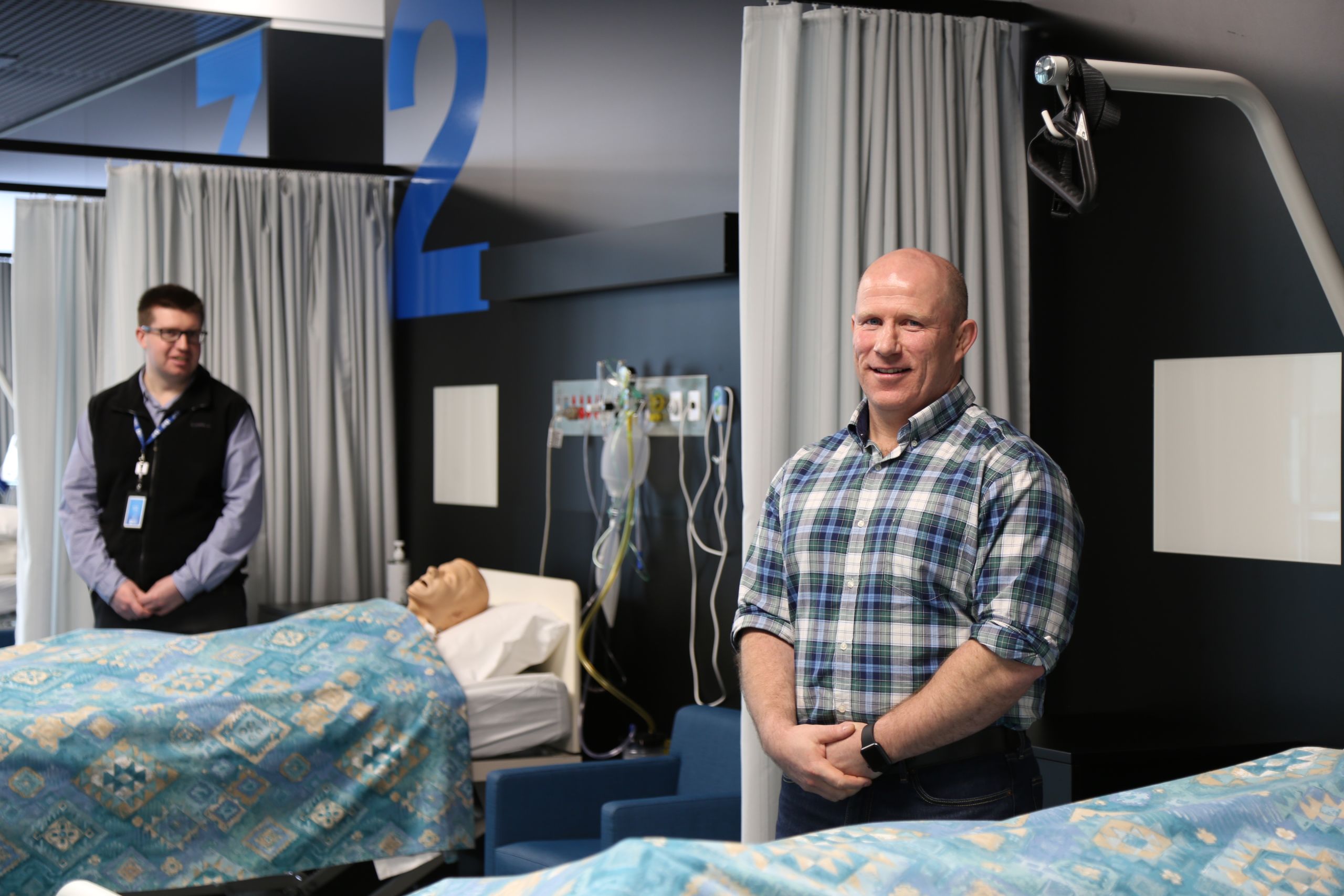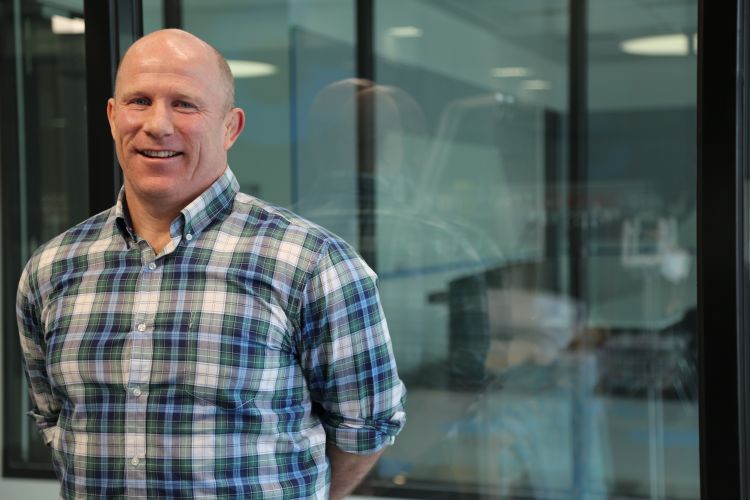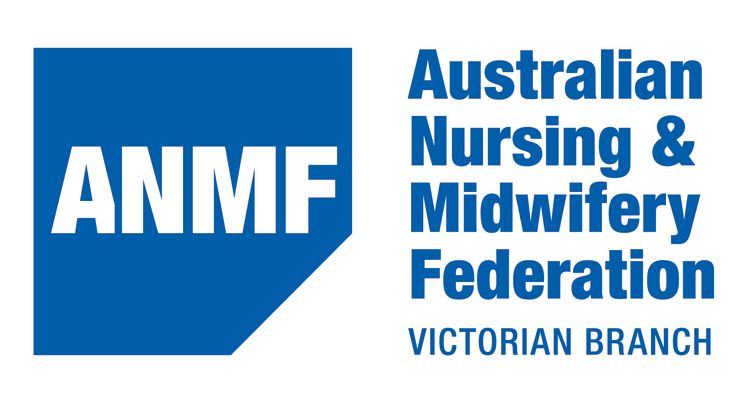Life in emergency
Introducing ANMF members Adrian Spinelli and Mike Stone

OTR spoke with Mike Stone, an emergency department nurse and clinical nurse educator, and Adrian Spinelli, an emergency department clinical nurse specialist, about whether working in ED is the same as it is on TV - and other important things.
OTR: For those members who’ve never worked in an emergency department, can you describe a typical day for you?
Mike: Busy. Seeing a range of different patients, different age groups, at their best or worst, at their greatest time of need. Dynamic, ever-changing, working on your feet, thinking on your feet, for the eight hours or ten hours on a night shift.
Adrian: I don’t necessarily think there’s a typical day in the emergency department. ‘Busy’ is relative to the department you’re working in. There’s busy days and days that are not as busy. Most of us when we’re new to the department think it’s the busiest place in the world but after eight and a half years you get a bit of perspective on what’s a busy day… It’s unpredictable. I found going into emergency from the wards, you see different patients every day. You don’t know what you’re expecting. You work on a surgical ward, you expect similar patients to come through, same as on a medical ward. In an emergency ward, you don’t know what’s going to come through in the next five minutes let alone in the next eight hours of your shift.

Mike Stone, ED nurse and clinical nurse educator
Mike Stone, ED nurse and clinical nurse educator
OTR: As an ‘emergency’ department, what kind of presentations are you seeing? What do members of the public consider an emergency?
Mike: The term emergency’s fairly fluid, depending on the person and their background, so we could see everything from a cut finger to someone who’s fully arrested and has come in via ambulance and requires resuscitation. I think that emergency departments these days can be someone’s local GP clinic. I think that’s some of the problem we face in emergency departments these days. (A public hospital) is a range of different things – and the service we provide is different for everyone.
Mike and Adrian are also valued ANMF Job Reps. They spent a fortnight with us in the Belinda Morieson Program, getting greater insight into how we work as a union.
OTR: How long have you been a Job Rep and how do you support your colleagues in that role?
Adrian: I decided to become a Job Rep about four years ago and I decided my colleagues could get more benefit out of their ANMF membership by having a Job Rep in the workplace. There were an increasing number of junior staff coming through the department and I thought, being a junior myself, that I would be an approachable face.
I was nominated by two Job Reps who have since retired. (How do I support my colleagues?) Just being able to provide a contact for staff and providing them some basic advice on their entitlements under our enterprise bargaining agreement, and being able to point them in the right direction if there’s a significant concern or an issue they need dealt with that I think is beyond my role as a Job Rep.
Mike: I’ve been a Job Rep for almost eight years now…it was around the time of the 2011 EBA where I really learned the value of being a Job Rep and what I could bring to my workplace and the other members I work with. The 2011 EBA was intense and prolonged, so keeping my members informed about what was going on was crucial. It was a crucial link between ANMF and what they were doing and people on the floor. My passion continues to grow. Occupational violence is a big issue and I’ve represented members on a number of occasions on that particular issue.
It’s very much an extension of my role as a nurse. It goes to supporting my colleagues doing the best job they can in a safe environment.
OTR: In its 2018–19 Budget, the Andrews Government announced new emergency department crisis hubs to treat people who are presenting with mental health and drug and alcohol issues. Will they be helpful for you?
Adrian: I welcome the idea of the mental health crisis hubs because it provides specialist care for people suffering crisis in mental health rather than bringing those patients into a busy emergency department with a lot of stimulus, a lot of noise and a lot of other things going on. I don’t think the emergency department is necessarily the best equipped or resourced to deal with a mental health crisis. We do our best but we don’t have the specialist staff or the numbers needed sometimes during a shift. Sometimes the mental health patients may have behaviours of concern - aggression or other behaviours that are a risk to themselves - and having patients in a specialist facility means they have staff that are best able to assist them in a time of crisis.
Mike: ED, although it is a space for everyone, in regard to mental health and substance abuse, it requires a certain skill set and ED can be quite loud and quite stimulating in terms of environmental noise. Mental health requires a certain skill set and time to find out what a person’s needs are and to provide that definitive care they require.

